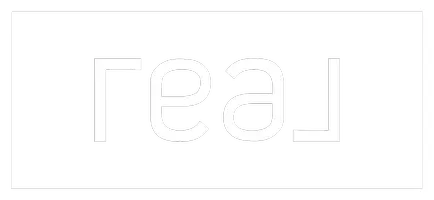The Truth About Zillow Estimates (And What Yours Really Means)

If you’ve ever Googled your home’s worth, chances are you’ve come across a Zillow Zestimate. These automated home value estimates are convenient, quick, and—let’s be honest—sometimes a little flattering (or frustrating). But how accurate are they really? And what does your Zestimate actually mean for your home’s value in today’s market?
Let’s break it down.
What Is a Zillow Zestimate?
A Zillow Zestimate is an algorithm-generated estimate of a home’s market value. It’s based on public data like tax records, recent sales, MLS listings, location, and market trends. While it’s a great starting point, Zillow does not visit your home, and their system can't account for your home’s unique condition, upgrades, or layout.
Think of a Zestimate like a weather forecast—a useful guide, but not always spot on.
How Accurate Are Zillow Estimates?
According to Zillow itself, the national median error rate is about 2.4% for on-market homes, but jumps to 7.5% or more for off-market homes. In other words:
-
If your home is listed on the MLS, the estimate may be fairly close.
-
If your home isn’t listed, it could be tens of thousands off.
In smaller towns or fast-changing markets like Elizabethtown, KY, Zestimates often struggle to keep up with real-time trends.
Why Your Zestimate Might Be Off
Several reasons could cause a Zillow estimate to misrepresent your home’s value:
-
Recent Renovations: Zillow won’t know you added a new kitchen or finished the basement.
-
Local Inventory: If there are few recent comps nearby, the algorithm makes broad assumptions.
-
Unique Property Features: Corner lot, walkout basement, detached garage? These don’t always get factored in correctly.
-
Rural Areas: Zillow performs better in cities with more sales data. In suburban or rural Kentucky, it’s more of a guess.
What Your Zestimate Really Means
Your Zestimate is a general starting point—not a price tag. It gives a ballpark number based on recent data, but it’s not the number a buyer will necessarily pay or what an appraiser would conclude.
Relying on your Zestimate alone could mean overpricing your home, leading to longer days on market—or underpricing it and leaving money on the table.
So, What Should You Do Instead?
Use your Zestimate as a conversation starter, not a decision-maker.
Get a comparative market analysis (CMA) from a local agent who knows the neighborhood and has access to live MLS data.
Walk your home with a pro—they’ll consider curb appeal, upgrades, floor plan flow, and more that an algorithm can’t.
Final Thoughts
Zillow estimates are convenient, but they’re not gospel. If you’re planning to buy, sell, refinance, or just stay informed, getting a real home valuation from a professional is key. A local expert will help you understand what your home is truly worth—and how to price it just right for today's market.
Recent Posts
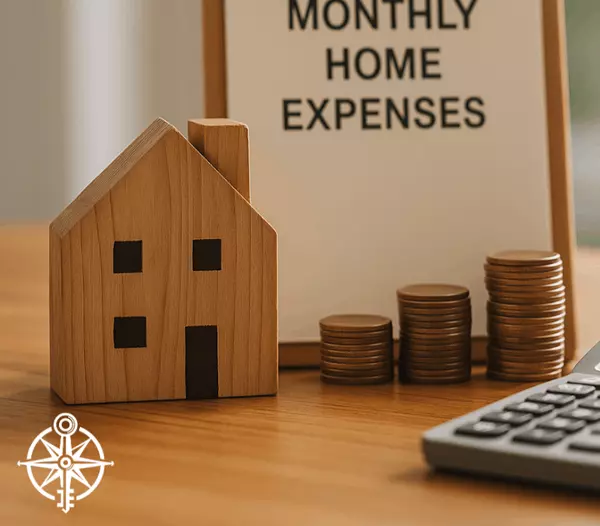
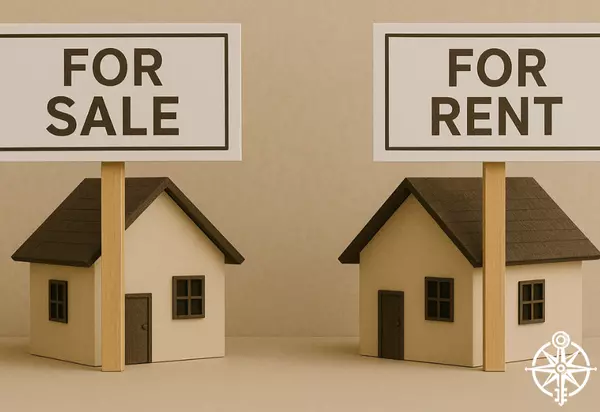


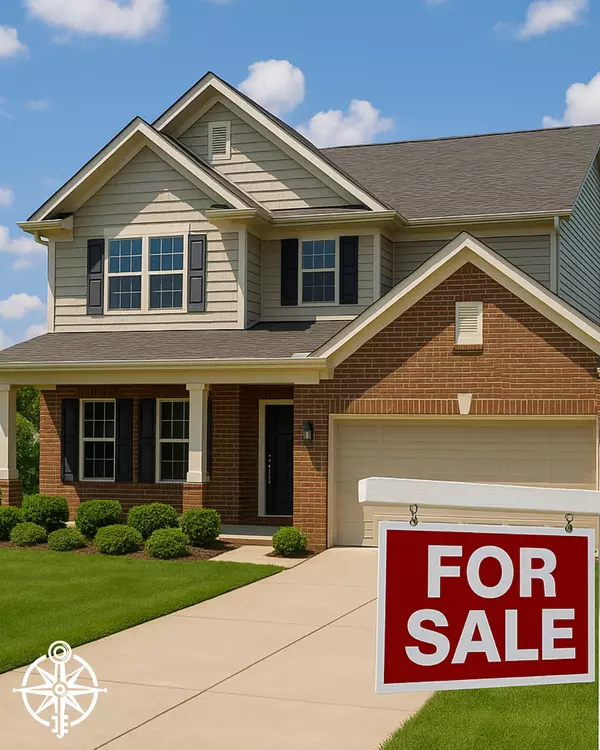




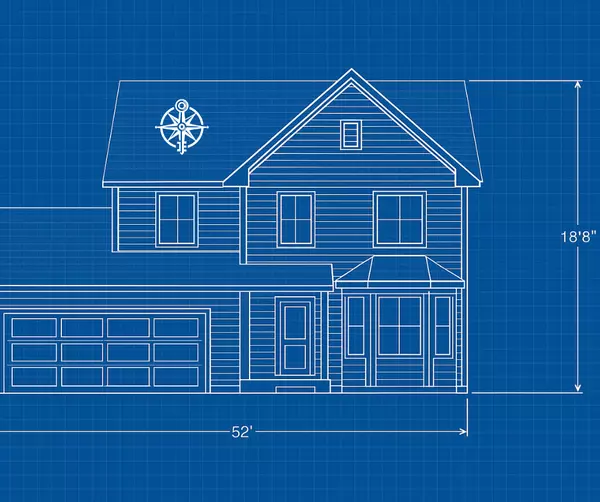

"Real estate isn't about money for me, its about serving my community. I can't wear the uniform anymore, but I can use every resource at my disposal to educate the people around me and advocate on their behalf. My mission is to spread success to everyone I meet, its not sales...
its Real Estate with Purpose".
617 N Mulberry St #105B, Elizabethtown, KY, 42701, USA

